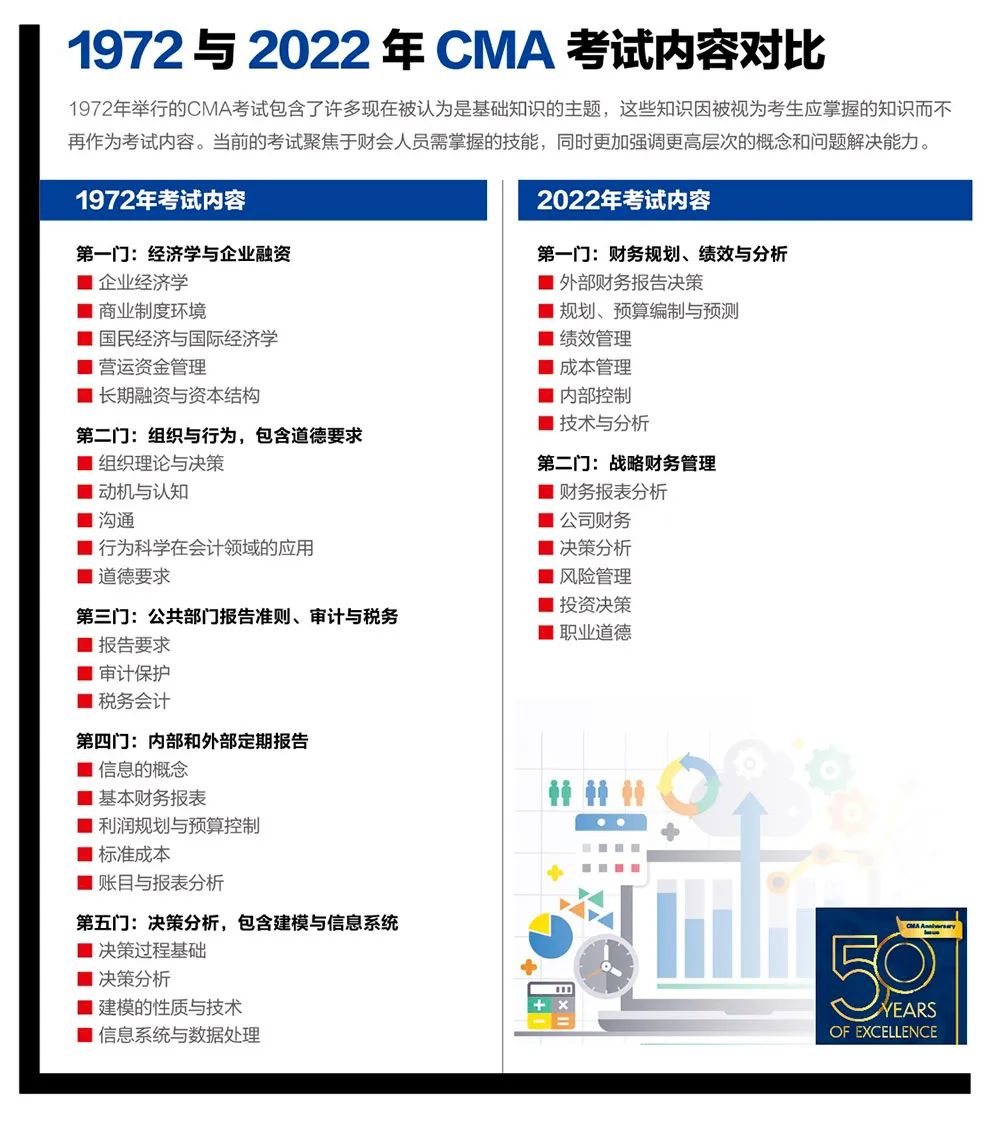MA XUEJING/CHINA DAILY
A very important development is taking place which will deal a blow to those who have pinned their hopes on the United States. The establishment of a fairer world order is gradually becoming a reality, as a wave of rebellion is rising against the eight-decade reign of the US dollar in global trade.
 (资料图)
(资料图)
The throne of the dollar, which was made the international exchange currency by the Bretton Woods regime in 1944, is crumbling.
But the end of the dollar"s hegemony does not mean the hegemony of another currency in global trade. The dollar had replaced the pound sterling. But the global economy is no longer dominated by hegemony. A new multi-currency economic order is taking shape, and a multilateral economic order is replacing the dollar-dominated economic order.
For this auspicious development, three factors stand out: trade in other currencies, trade in the currencies of developing countries instead of the dollar or euro, and other currencies replacing the dollar.
Rising global trade in other currencies
The most important development that is breaking the reign of the dollar is the spread of trade in the currencies of other countries, including some emerging market economies. In fact, many countries are now using their national currencies instead of the dollar to trade among themselves.
Every new day brings news of a new deal in another country"s currency. Most recently, Iran and Indonesia announced that they will trade in their own currencies. Iranian President Ebrahim Raisi visited Indonesia on May 23 and announced that a trade agreement has been reached with Indonesian President Joko Widodo to trade in each other"s currencies.
Today, 60 countries trade in their national currencies instead of the dollar. India, which is becoming increasingly close to the US, is also conducting foreign trade in its own currency. India has trade agreements with 19 countries to trade in its own currency. More important, India has overcome Western pressure, especially US pressure, to carry on trade with Russia despite the Russia-Ukraine conflict. To circumvent Western sanctions, it pays for its oil imports from Russia in Indian rupees. As the world"s fifth-largest economy, India is also trying to internationalize the rupee to reduce its dependency on the US dollar in global trade.
Russia, whose trade with China is expected to cross $200 billion by the end of this year, has adopted the yuan as its unit of payment, dealing another major blow to the dollar as an international exchange currency. Russian Prime Minister Mikhail Mishustin has said that the share of payments between the two countries in their own currencies increased from one-fourth in 2021 to two-thirds last year. According to the latest data from the Bank of Russia, the share of the yuan in trade increased from 4 percent in January 2022 to 23 percent by the end of 2022.
The yuan replaced the dollar as the most traded currency in Russia in terms of monthly trading volume for the first time in February 2023, according to a Bloomberg report. The gap is widening in favor of the yuan.
A similar development is taking place in Brazil, which is part of BRICS. During Brazilian President Luiz Inacio Lula da Silva"s recent visit to Beijing, the two countries agreed a plan to trade with the yuan. The Sino-Brazilian trade volume is worth $150 billion.
Argentina, the second-largest economy in South America, has also decided to pay for goods imported from China in the yuan instead of the dollar from the beginning of 2023. And in April, Bolivian President Luis Arce announced that his government was considering the adoption of the yuan as an alternative to the dollar in international trade.
On March 23, Russian President Vladimir Putin signed an order prohibiting "unfriendly" economies (including the European Union, the US and Japan) from purchasing Russian gas in any currency other than the Russian ruble, in response to the Western sanctions imposed on Moscow in the wake of the Russia-Ukraine conflict in February 2022.
Besides, in August 2022, Turkiye and Russia agreed to use the ruble in natural gas trade. Turkiye is also working on an agreement to conduct trade with Iran in the two countries" currencies.
And at the Samarkand Summit of the Shanghai Cooperation Organization on Sept 16, 2022, the leaders agreed to take measures to increase the use of national currencies in trade among their countries.
Use of third currency in foreign trade rising
The second factor weakening the domination of the dollar in global trade is the widespread use of currencies other than the dollar. The Chinese yuan, the Indian rupee and the Russian ruble stand out in this regard. Countries prefer to trade in any currency other than the dollar that suits their interest. Bangladesh, for example, has agreed to pay for imports from Russia in the yuan. India has offered to use its own currency as an alternative in trade with countries which don"t have enough foreign exchange reserves in dollars, especially Sri Lanka, Bangladesh and Egypt.
Saudi Arabia, too, has started accepting payments in the yuan for its oil exports. Other Gulf states, too, are mulling the use of the yuan in their oil trade. Previously, oil was traded only in the dollar. Now, trade in the yuan is a rising trend. In August 2018, Venezuela announced that it will price its oil in the euro, yuan, ruble and other currencies.
In late 2022, Ghanaian Vice-President Mahamudu Bawumia said the country is working to buy oil with gold, emphasizing that the exchange of gold for oil represents a major structural change.
The percentage of reserves held in the US dollar is steadily declining. According to Bloomberg, the percentage of the dollar held in foreign exchange reserves fell from 73 percent in 2001 to 58 percent in 2023. The first major collapse of the dollar began with the 2008 global financial crisis. It accelerated in 2016. And the fastest collapse came with the Russia-Ukraine conflict.
In 2022 alone, the rate of decline in the dollar"s share in foreign exchange reserves was 8 percent. According to Bloomberg"s calculations, the rate of decline has drastically increased in the past year.
Efforts to create a new international currency to replace the dollar are gaining momentum. The BRICS Summit in August could pave the way for the use of a new currency to facilitate trade among BRICS members. BRICS currently accounts for 41 percent of the world"s population and 31.5 percent of the world"s goods and services. Some countries have already lined up to become new members of BRICS.
In Latin America, some countries have already agreed to the use of a new single currency called "sur (south)" in their trade. The two giants of Latin America, Brazil and Argentina, want to start using this currency in bilateral trade to reduce their dependency on the dollar.
The most important development that could further reduce the importance of the dollar is the spread of digital national currencies. China is leading the way in this field. There will be no need for banks to trade in the digital currencies being developed on the basis of blockchain technology.
In its disputes with developing countries, the US uses its financial power to go rogue. It confiscates such countries" dollar-denominated assets, as it has done with Russia and Afghanistan. It is trying to use its financial system as a weapon to subjugate China and Russia. Paradoxically, the weaponization of the dollar has eroded the status of the dollar as an "internationally valid currency". The US policy of turning the dollar into a cudgel, which theoretically is supposed to function as a "universal good", is destroying the dollar"s throne.
The US administration"s unilateral actions have exacerbated the dollar crisis in the international market. The US raised interest rates eight times last year.
This has led to high exchange rates around the world. Even Fareed Zakaria, host of CNN"s GPS and a spokesman for the American ruling classes, has said the US itself is responsible for the decline in the use of the dollar in global trade.
As an Anatolian saying popularized by the great Turkish writer Yasar Kemal goes: "May your oppression increase so that you will soon perish!"





























































































